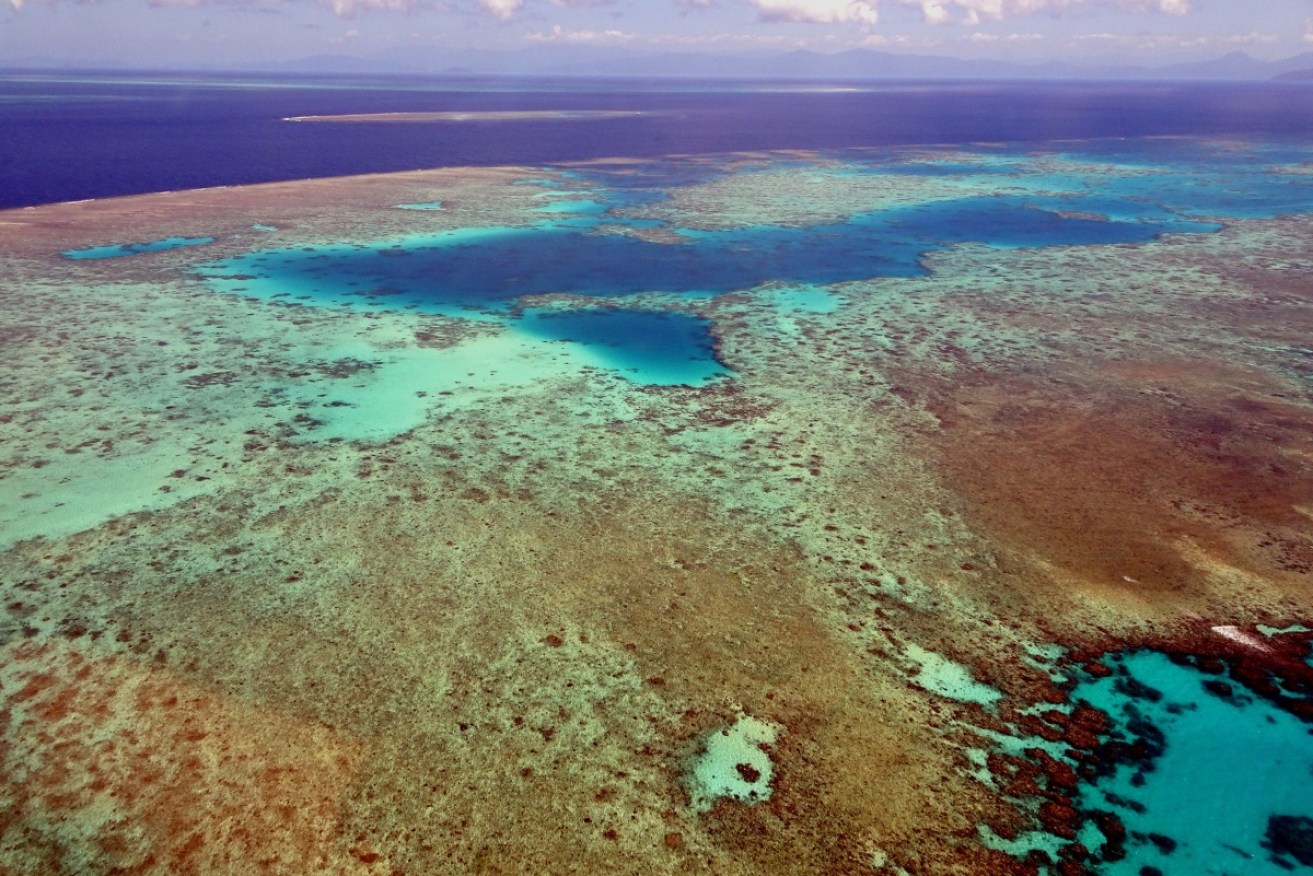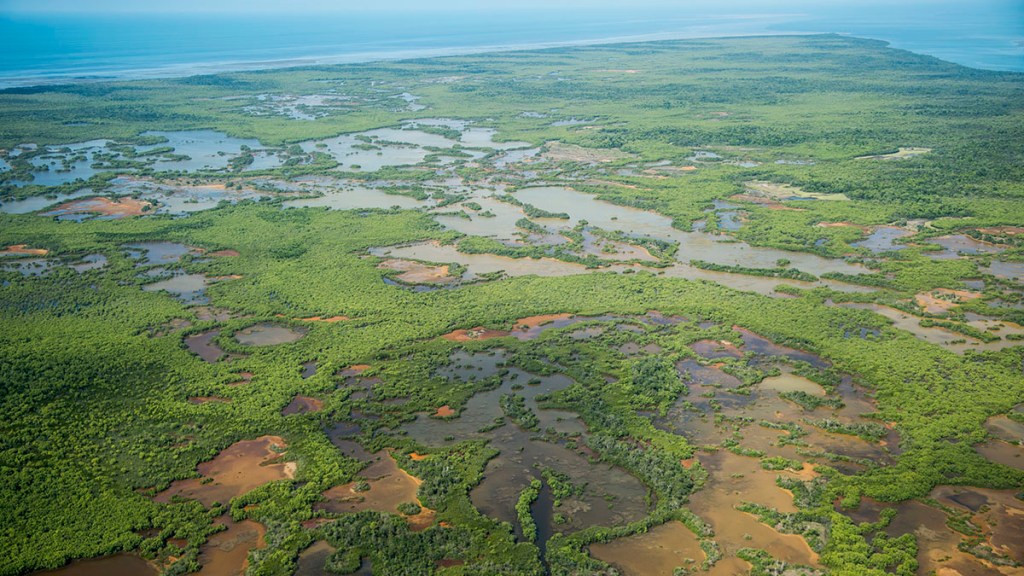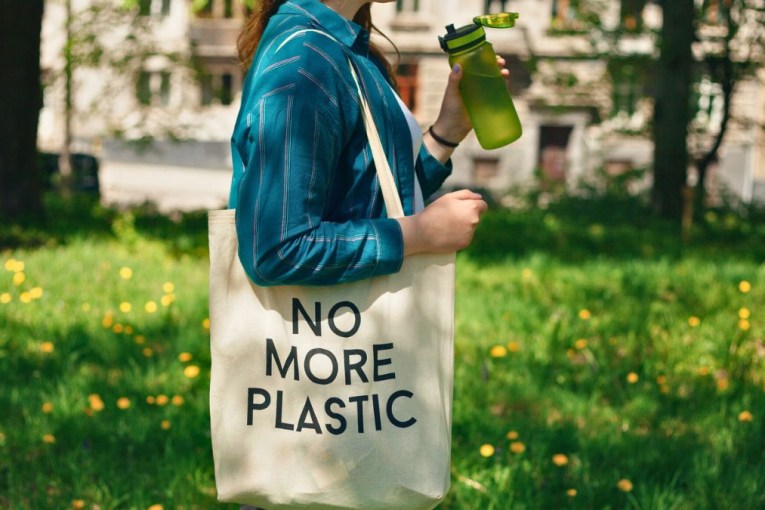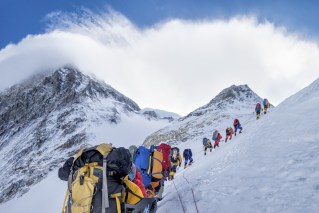The world’s oceans are facing crisis from climate change, report fears


Australia is witnessing the impacts of climate change on its oceans in real time. Photo: AAP
Climate change is threatening the ocean’s biodiversity, impacting communities and damaging Australia’s natural wonders like the Great Barrier Reef.
Ocean scientists are calling for serious action before it is too late.
The Climate Council’s new Code Blue: Oceans in Crisis report reveals the existential threat the world’s oceans are facing.
Some 30 leading ocean scientists surveyed for the report agreed that climate-driven change is a serious concern and the majority said the changes were outpacing scientific predictions.
Dr Simon Bradshaw, Climate Council research director and the report’s author, said the ocean is absorbing excess heat energy equivalent to five Hiroshima bomb explosions every second.
“Our oceans are transforming before our eyes due to climate change driven by the burning of coal, oil and gas,” he said.
“It’s done a remarkable job of protecting us, but we do now see that some of these changes are coming back to bite us.”
The planet has experienced record ocean temperatures in 2023, even before the change to the El Nino weather pattern, which brings hotter ocean temperatures.
Bradshaw said people around the world depend on the ocean for survival.
“If we don’t take these warnings seriously, then we will start to see the unravelling of our very life support system,” he said.
“It isn’t too late to protect the ocean so it can protect us.”
The ocean’s sea grass beds, salt marshes and mangroves efficiently store carbon, and major damage to ecosystems could further accelerate the effects of climate change.
The effects
The UN Human Rights Committee last year found that Australia had violated the rights of Torres Strait Islanders by failing to protect them from climate change.
Tishiko King, a Torres Strait Islander woman and marine scientist who co-authored Code Blue: Oceans in Crisis, said her family and community have been living with the impacts of climate change for decades.
“We’ve already been told we have to relocate and we could become climate refugees in our own country,” she said.
“The ocean connects all communities around the planet and it’s a part of our life and support system.”

The Torres Strait Islands have been affected by climate change for decades. Photo: AAP
The report recommends aiming to achieve net-zero carbon emissions by 2035, reforming national environmental law to prevent new fossil fuel developments, increasing support for communities adapting to climate and ocean change, and protecting the ocean as a climate solution.
King said First Nations communities are inheriting a responsibility that shouldn’t be hoisted upon them.
“Something that I love being a Torres Strait Islander is that like many Pacific Island nations, it’s also us that are the ones that have the solution and are at the forefront of the charge,” she said.
“It’s my cultural responsibility to pay that forward for the next generation.”
The Pacific Ocean has already experienced a change in its fishing populations and locations, and communities throughout the region face the existential threat of rising sea levels.
The solutions
Australia is unlikely to meet its already dismal climate targets, as the world approaches environmental tipping points, and Bradshaw said every choice and smart decision is a little investment in a brighter future.
“We need to be voting for leaders that are promising stronger action on climate change and if we have the money, we need to make sure that is invested in funds that aren’t propping up fossil fuels,” he said.
“The conversations we have with each is about these climate realities so that we understand and learn about the communities we are in and what we have to do are important.”
The burning of fossil fuels is the main driver of human-caused climate change, and King said the science makes it clear Australia needs to reduce its emissions and now mobilise against the impacts of climate change.
“[It’s vital to] have incredible conversations and really back First Nation stewardship and leadership that are shifting the narrative about our intrinsic connection to the land and sea,” she said.
“We can put pressure on government, whether it is at a state, federal or local level, and we have the opportunity to transform our communities and have a just and equitable future for all.”








